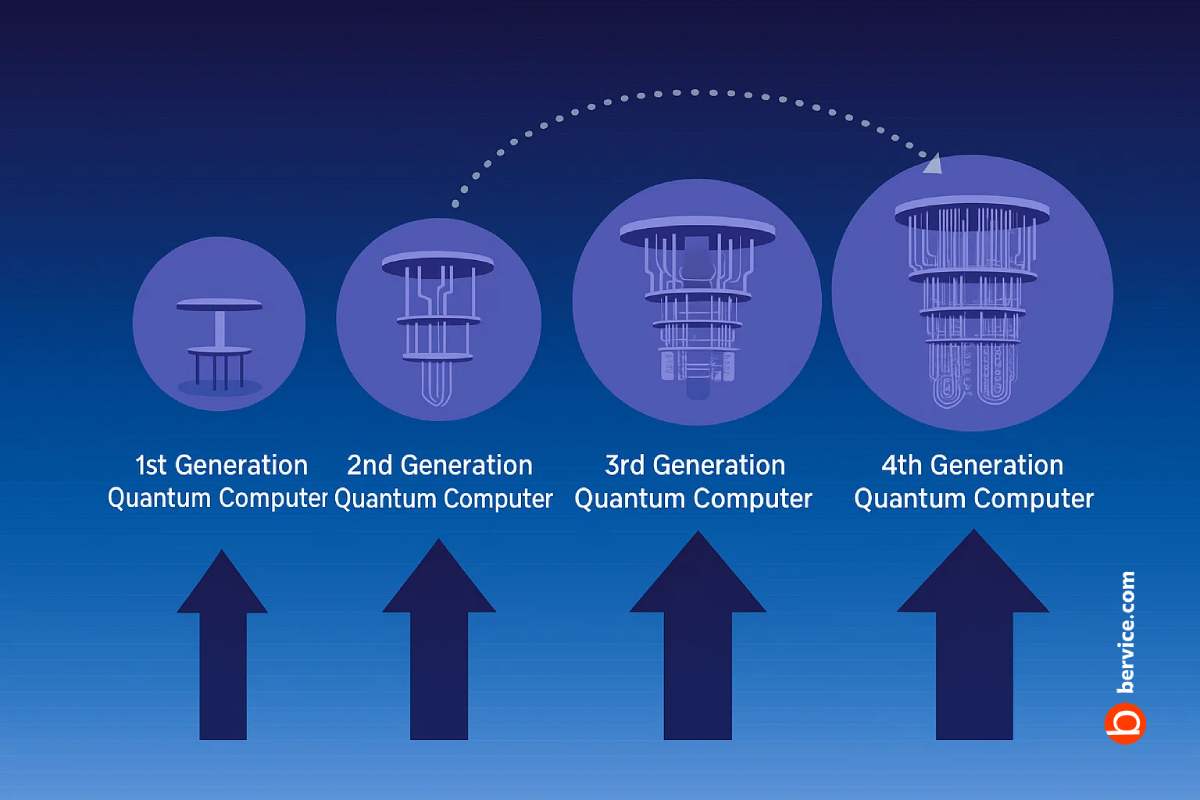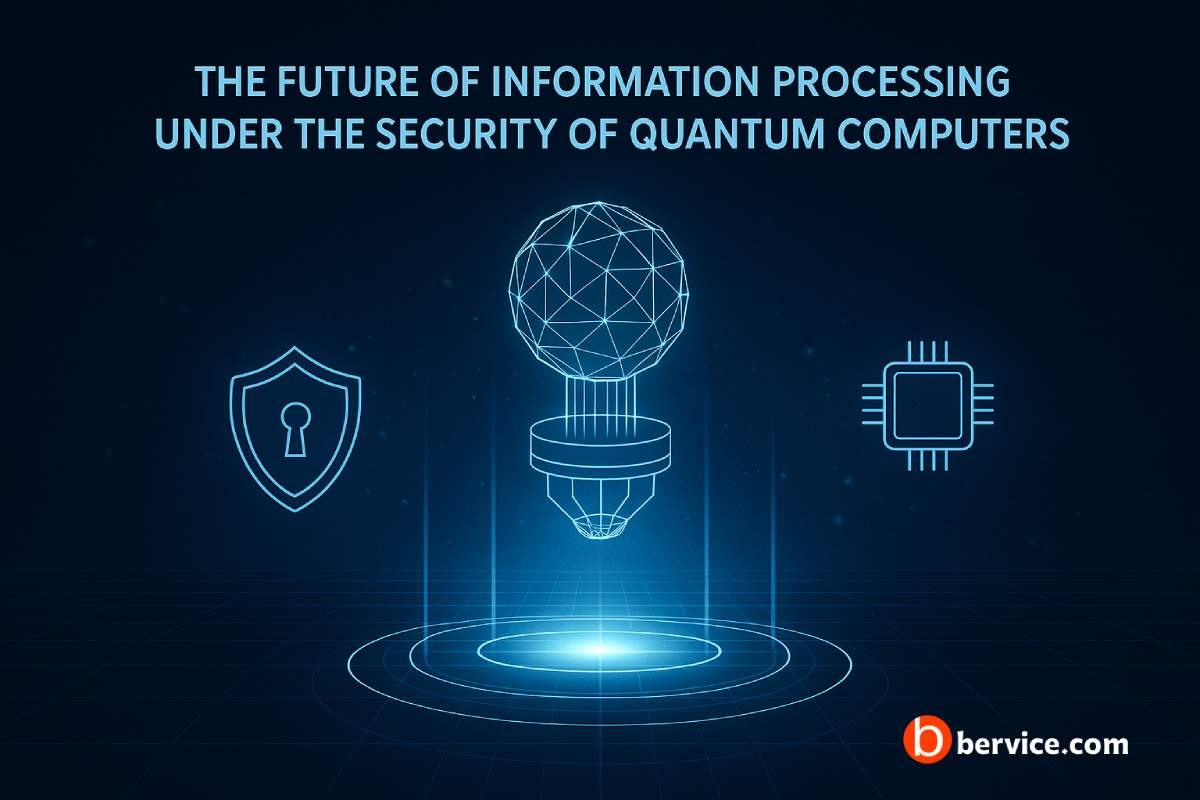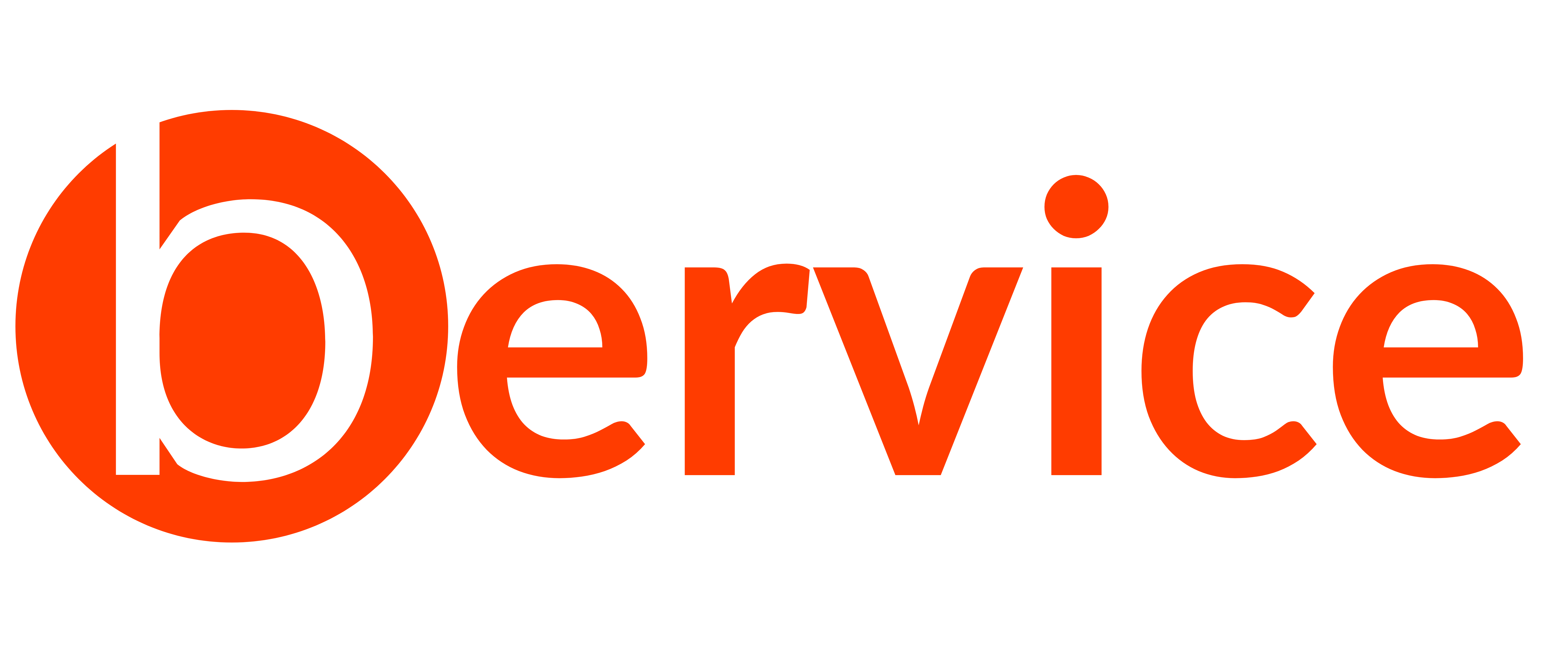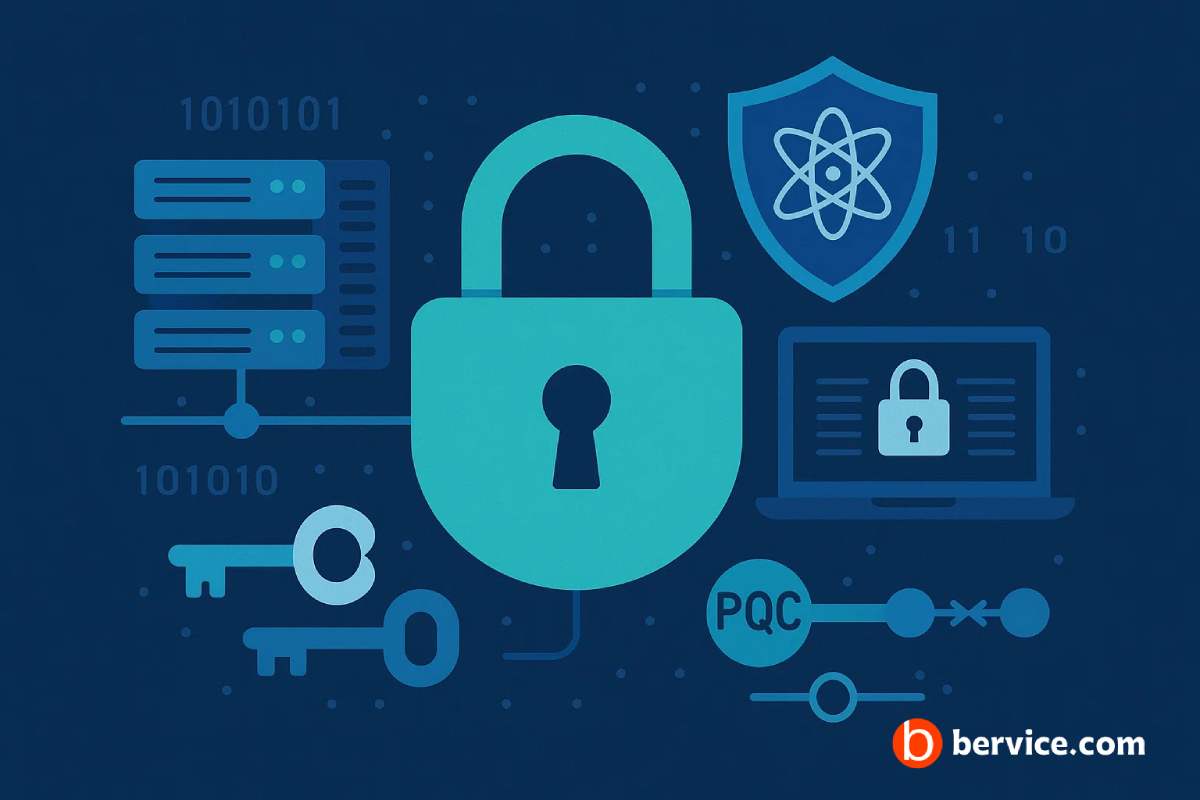
In recent years, blockchain technology and decentralized storage solutions have gained significant attention due to their transformative potential in the world of digital data management. The integration of encryption and decentralized platforms offers numerous advantages for both individuals and organizations. In this article, we will explore the key benefits of using blockchain and decentralized spaces for secure data storage.
1. Enhanced Security and Privacy
One of the most significant advantages of blockchain technology is its ability to provide a high level of security. Blockchain uses advanced cryptographic techniques to secure data, making it nearly impossible for unauthorized parties to alter or access the stored information. Each block in the blockchain contains a cryptographic hash of the previous block, creating an immutable chain of data that is resistant to tampering.
Furthermore, the decentralized nature of blockchain ensures that data is not stored in a single centralized location. This makes it more difficult for hackers to target a single point of failure. In decentralized storage systems, data is distributed across multiple nodes, which further enhances privacy and reduces the risk of data breaches.
2. Transparency and Accountability
Blockchain technology provides a transparent and traceable record of transactions or data entries. Each action taken on the blockchain is recorded in a public ledger that is accessible to all participants in the network. This transparency ensures that all parties can verify the authenticity of data and trace its history. This is particularly valuable in industries where accountability and auditability are crucial, such as finance, healthcare, and supply chain management.
Decentralized storage systems also benefit from this transparency, as users can track where their data is stored and ensure that it is being handled according to agreed-upon protocols. This fosters trust among users and ensures that the data remains secure and properly managed.
3. Decentralization and Reduced Single Points of Failure
Traditional data storage systems rely on centralized servers controlled by a single entity. This centralization creates a single point of failure, making the system vulnerable to attacks, technical failures, or even government intervention. In contrast, decentralized storage solutions distribute data across a network of nodes, ensuring that no single entity has control over the entire system.
This decentralized architecture reduces the risk of downtime and data loss, as data is replicated across multiple locations. Even if one node goes offline or is compromised, the data remains accessible from other nodes in the network. This redundancy is a key advantage of decentralized systems over traditional centralized systems.
4. Cost Efficiency
Storing data on the blockchain or decentralized platforms can be more cost-effective in the long run. Centralized storage systems often come with high operational costs, including maintenance, security, and infrastructure management. Additionally, users are typically required to pay for storage space and bandwidth.
Decentralized storage platforms, on the other hand, often rely on a peer-to-peer model, where users can rent out unused storage space to others. This reduces the need for large-scale data centers and can lead to lower costs for both users and providers. Furthermore, blockchain-based storage solutions can eliminate the need for intermediaries, reducing transaction fees and overhead.
5. Data Integrity and Immutability
One of the key features of blockchain is immutability, which ensures that once data is recorded on the blockchain, it cannot be altered or deleted. This feature is particularly valuable in situations where data integrity is critical, such as in legal, financial, or regulatory environments.
In decentralized storage systems, data is often encrypted and stored in such a way that it cannot be tampered with. This ensures that the integrity of the data is preserved and that any changes to the data can be easily detected and traced.
6. Censorship Resistance
Another significant benefit of decentralized storage is its resistance to censorship. In centralized systems, data can be removed or altered by the service provider or other entities in power. However, in a decentralized system, data is distributed across multiple nodes, making it nearly impossible for any single entity to censor or control the information.
This feature is particularly important in regions where internet censorship is prevalent, as decentralized storage allows individuals to store and access information without fear of government intervention or data manipulation.
7. Improved Data Control and Ownership
Blockchain and decentralized storage platforms empower individuals with greater control over their own data. In traditional centralized systems, users often relinquish control of their data to service providers, who can manipulate or sell the data for profit. In contrast, blockchain-based systems allow users to retain full ownership of their data and determine how it is shared or accessed.
With decentralized storage, individuals can store their data on a network that is not controlled by any single entity, giving them greater autonomy and control. This shift towards user-owned data is a key aspect of the evolving digital landscape.
Conclusion
The benefits of encryption and data storage on blockchain and decentralized platforms are clear. These technologies offer enhanced security, transparency, decentralization, cost efficiency, data integrity, and resistance to censorship. As these systems continue to evolve, they have the potential to revolutionize the way we manage and protect our digital information, offering individuals and organizations a more secure and autonomous way of storing and sharing data.
The growing adoption of blockchain and decentralized technologies signals a future where privacy, security, and control over data are paramount, paving the way for a new era of data management.
Connect with us : https://linktr.ee/bervice





